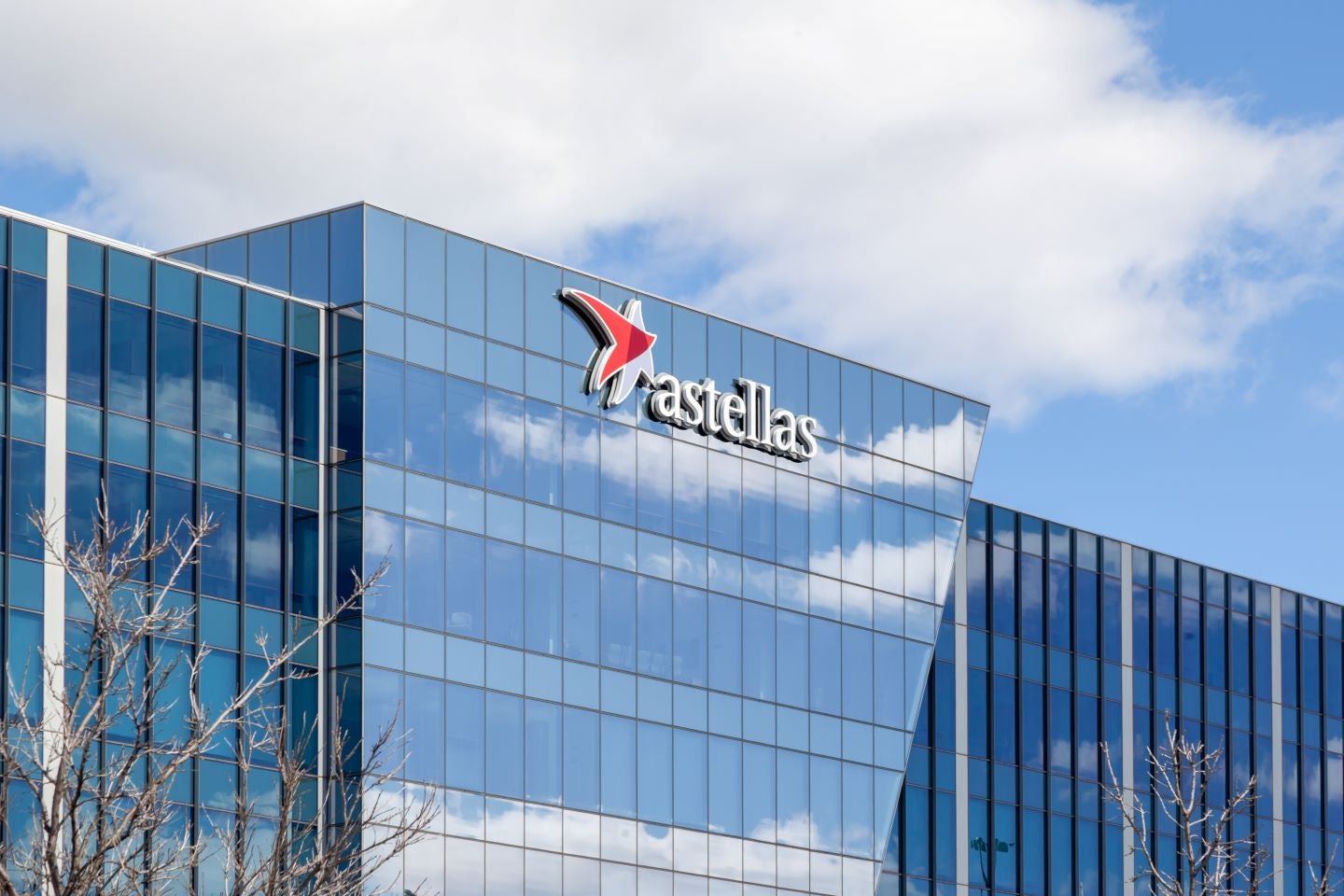In a press release dated 8 January, Astellas revealed that the FDA issued a complete response letter (CRL) to the zolbetuximab new drug application (NDA), citing “unresolved deficiencies” observed during an inspection of a third-party drug manufacturing facility. Despite this setback, the FDA has not expressed any reservations regarding zolbetuximab’s clinical data. Emphasising the essential equilibrium between innovation and safety within the realm of drug development, the agency has made no requests for additional clinical studies, underscoring that the potential of the investigational drug remains unchallenged in terms of its efficacy or safety profile, with the identified concerns solely revolving around the manufacturing process.
Zolbetuximab, a first-in-class chimeric IgG1 monoclonal antibody (mAb) engineered to selectively target Claudin (CLDN) 18.2 and trigger apoptosis in cancer cells, is envisioned as a primary treatment option for individuals diagnosed with locally advanced unresectable or metastatic human epidermal growth factor receptor 2 (HER2)-negative adenocarcinoma of the gastric or gastroesophageal junction (GEJ), specifically in cases where CLDN 18.2-positive tumours are present. In July 2023, the FDA awarded zolbetuximab priority review status. The biologics licence application (BLA) for the drug received endorsement based on favourable findings emanating from two pivotal Phase III clinical trials: the SPOTLIGHT trial (NCT03504397), which investigated the efficacy of a combination therapy involving zolbetuximab and mFOLFOX6 (oxaliplatin, leucovorin, and fluorouracil), and the GLOW trial (NCT03653507), which evaluated zolbetuximab in conjunction with a chemotherapy regimen of capecitabine and oxaliplatin (CAPOX).
In the Phase III SPOTLIGHT trial, patients receiving zolbetuximab exhibited statistically noteworthy advancements in both progression-free survival (PFS) and overall survival (OS) when contrasted with the placebo group; the median OS for the treatment arm was 18.2 months (95% confidence interval [CI]: 16.43–22.90), whereas the placebo arm exhibited a median OS of 15.5 months (95% CI: 13.47–16.53), thus evincing an absolute improvement in OS of 2.6 months with a 24.9% reduced risk of progression or death. The median PFS was 10.6 months in the zolbetuximab cohort compared to 8.7 months in the control group. Treatment-emergent adverse events (TEAEs) reported in the zolbetuximab arm versus the placebo arm included nausea (82.4% and 60.8%, respectively), vomiting (67.4% and 35.6%, respectively), and decreased appetite (47.0% and 33.5%, respectively). Grade 3 and above events occurred in 87% of patients in the zolbetuximab group versus 78% of patients in the placebo group; taking this into account with the modest increase in rates of nausea and vomiting suggests that the use of zolbetuximab may pose a considerable burden on patients in terms of TEAEs and may raise concerns on its safety profile. Nonetheless, validating the SPOTLIGHT trial, the GLOW study involving a combination of zolbetuximab and CAPOX indicated that the combination substantially extended OS with a 22.9% reduction in the risk of death (hazard ratio [HR]=0.771; 95% CI: 0.615–0.965; p = 0.0118). In the treatment arm, the median OS was 14.39 months (95% CI: 12.29–16.49), while the placebo arm recorded a median OS of 12.16 months (95% CI: 10.28–13.67).
Astellas is anticipated to collaborate closely with the FDA and the third-party manufacturer to address the FDA feedback received. At present, conventional chemotherapy protocols represent the sole therapeutic modality available for numerous GEJ patients lacking HER2 expression, thus highlighting the pressing need for more treatment options. If successful, Astellas is poised to gain a first-to-market advantage with its anti-CLDN therapy; however, there is fierce competition in the CLDN mAbs space, with Transcenta’s osemitamab investigated in biliary cancer, BioNTech’s BNT141 being studied in various tumours, and Leap Therapeutics’s NBL-015 in development for gastric and pancreatic cancer. Potentially granting it the upper hand, zolbetuximab presents as one of the most advanced CLDN mAbs currently in development, and Astellas is also working to open the door to label expansion, with ongoing trials in advanced-stage gastric cancer and early-stage pancreatic cancer. Nonetheless, resolving the current lack of companion diagnostic solutions to stratify patients must be prioritized to bolster market success. GlobalData forecasts zolbetuximab’s global sales to reach $752m in 2029.

US Tariffs are shifting - will you react or anticipate?
Don’t let policy changes catch you off guard. Stay proactive with real-time data and expert analysis.
By GlobalData




